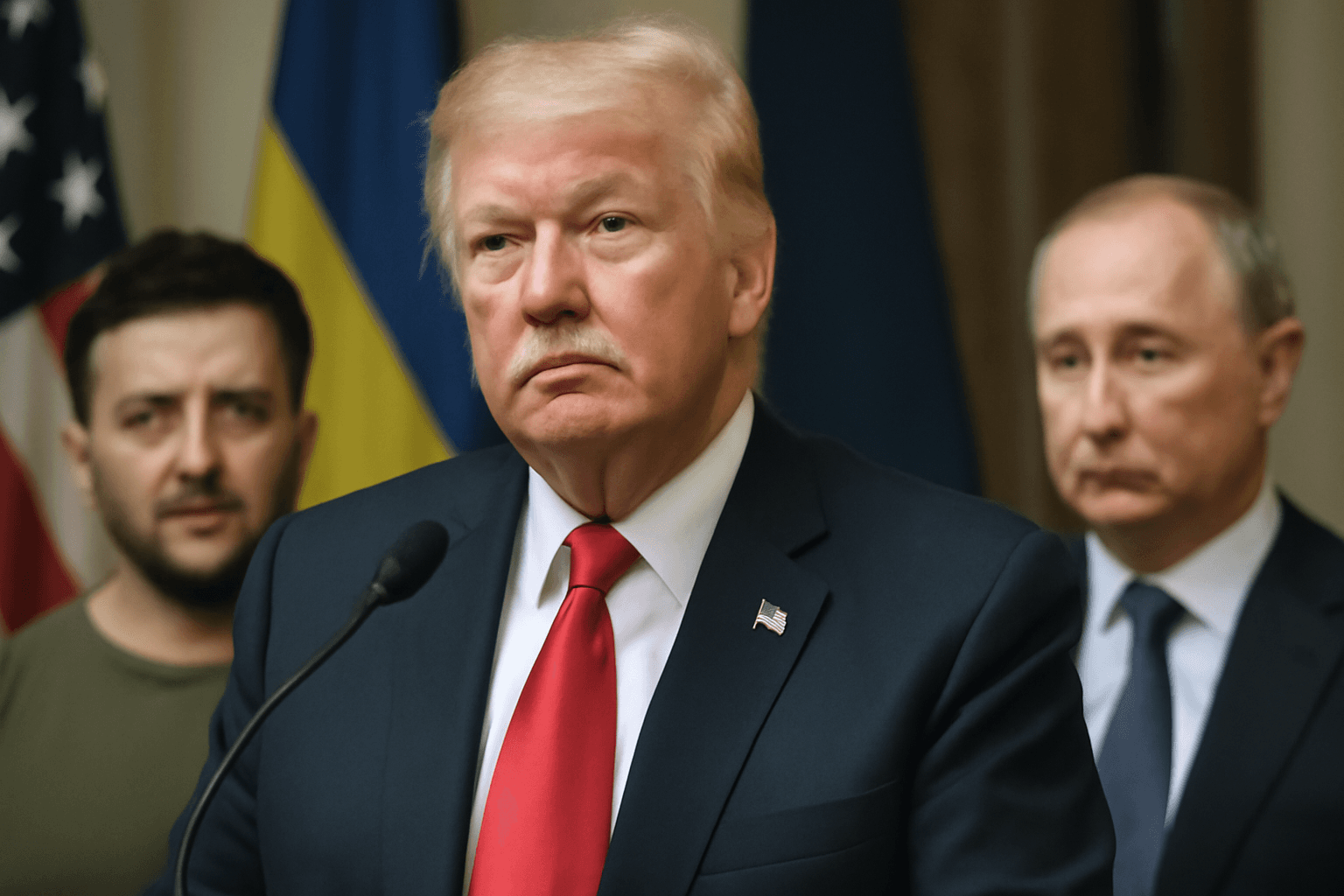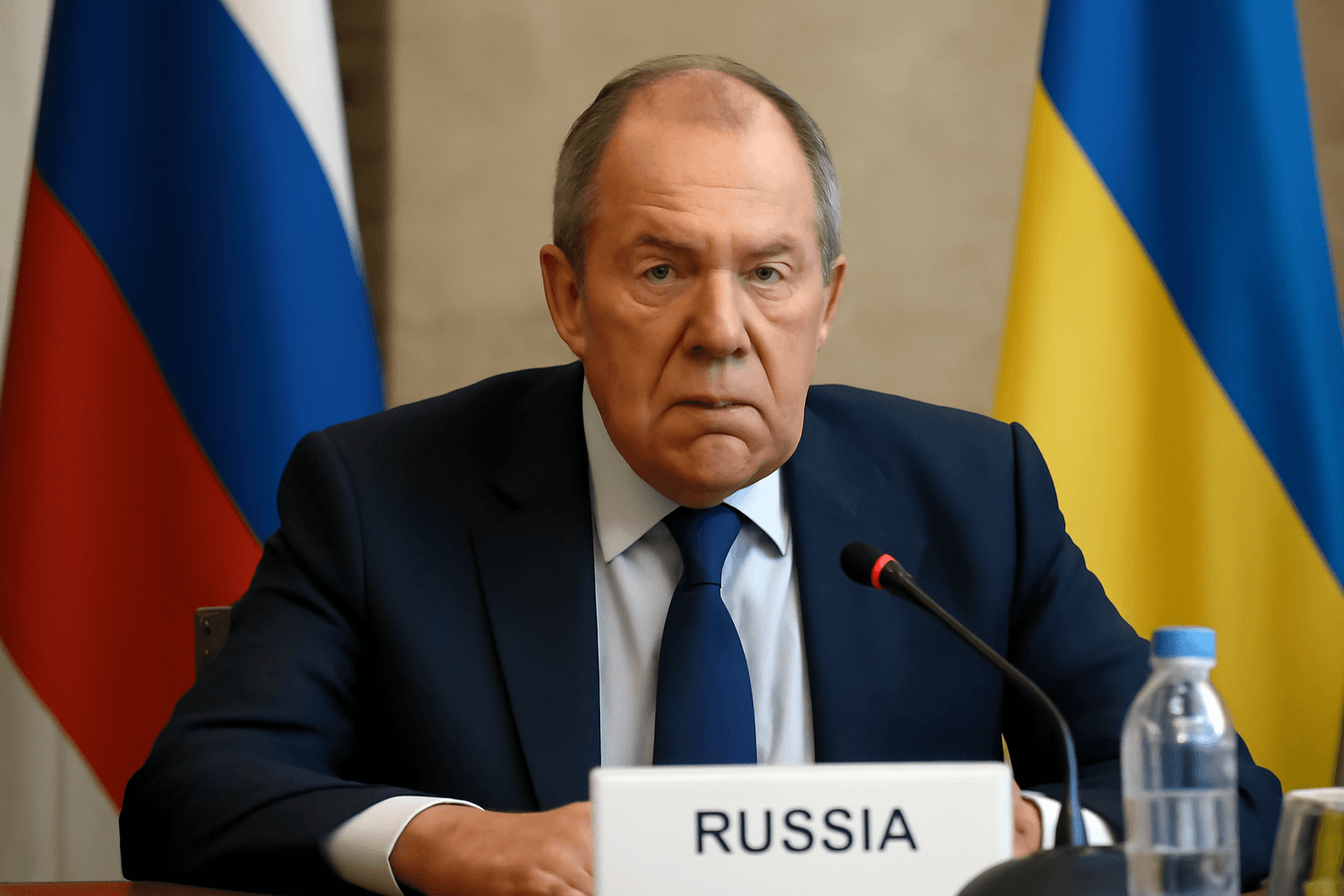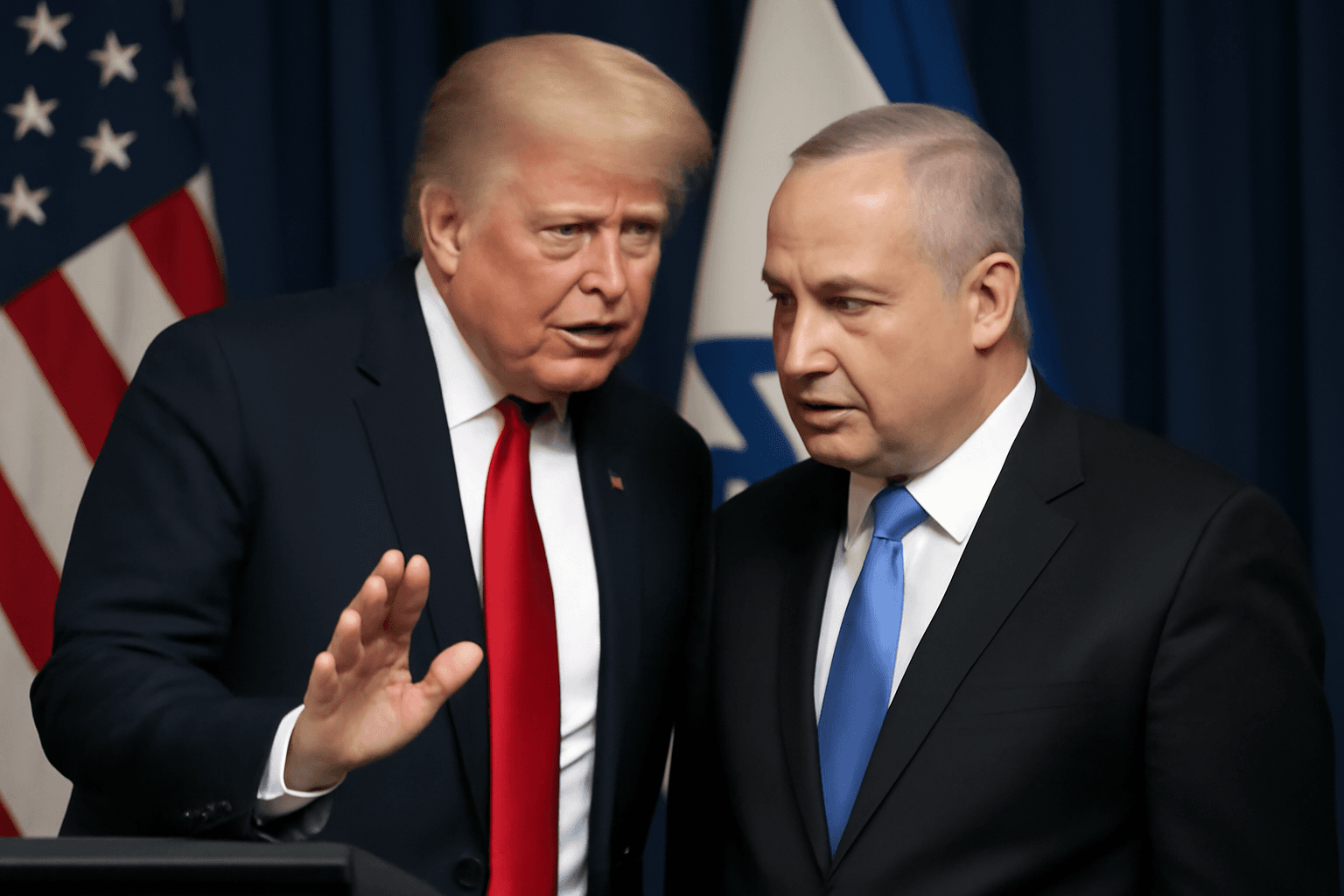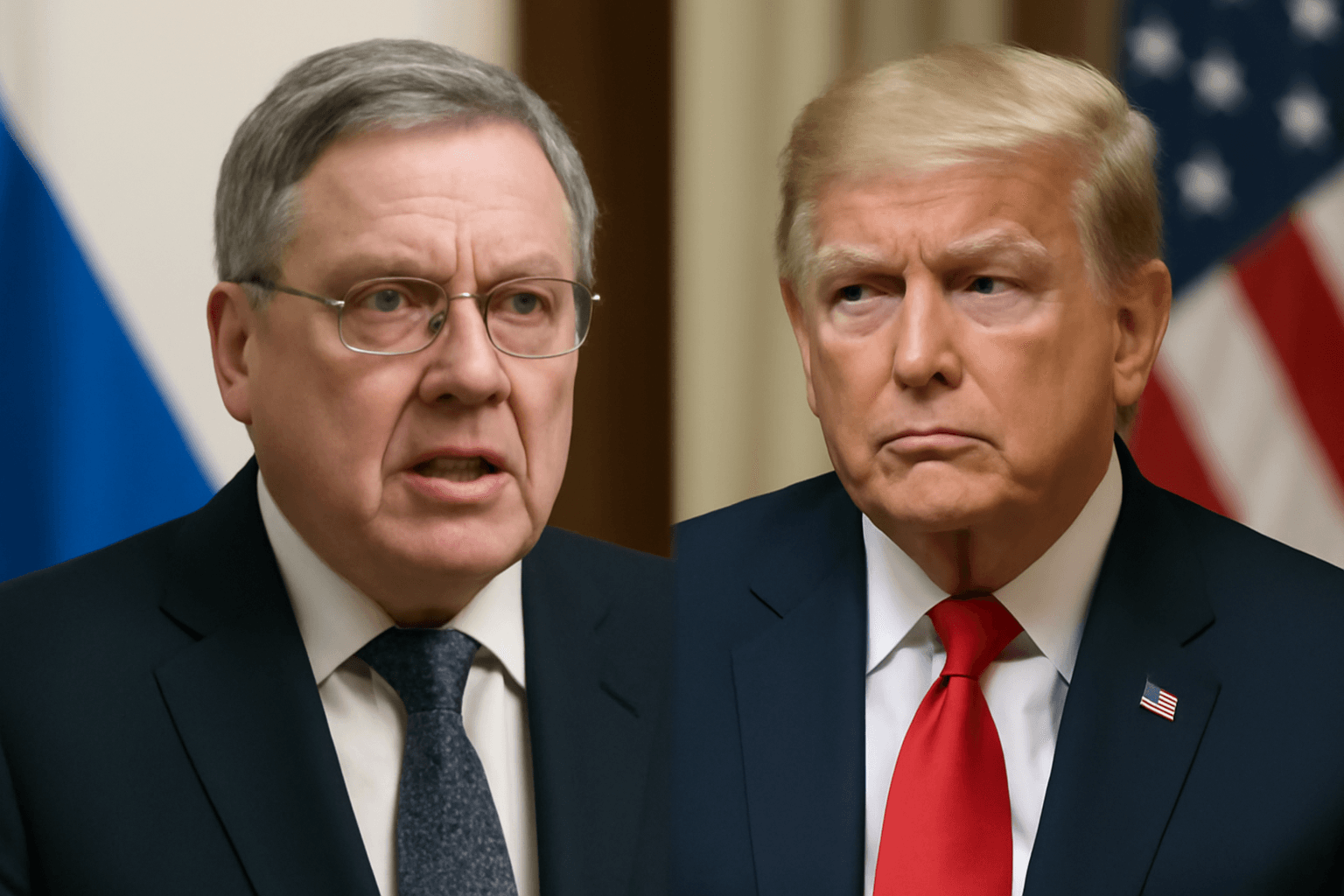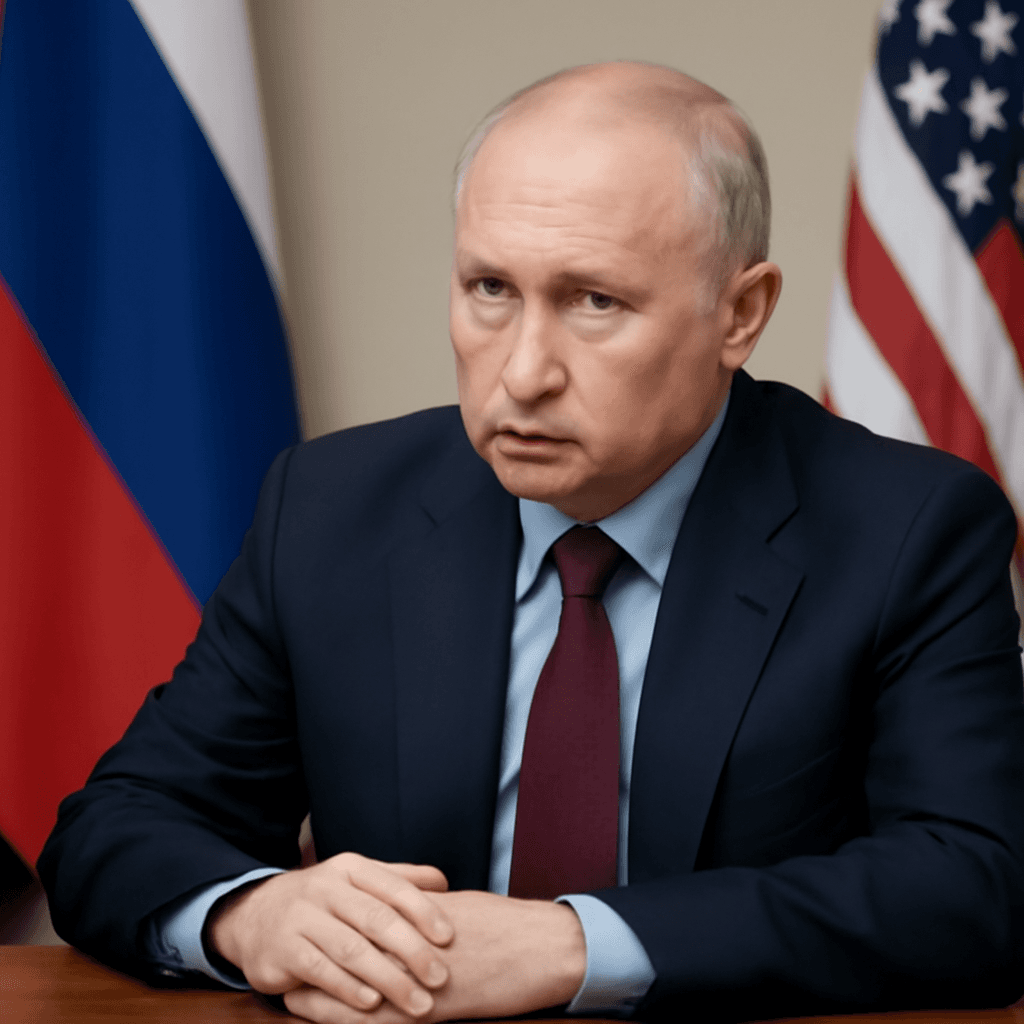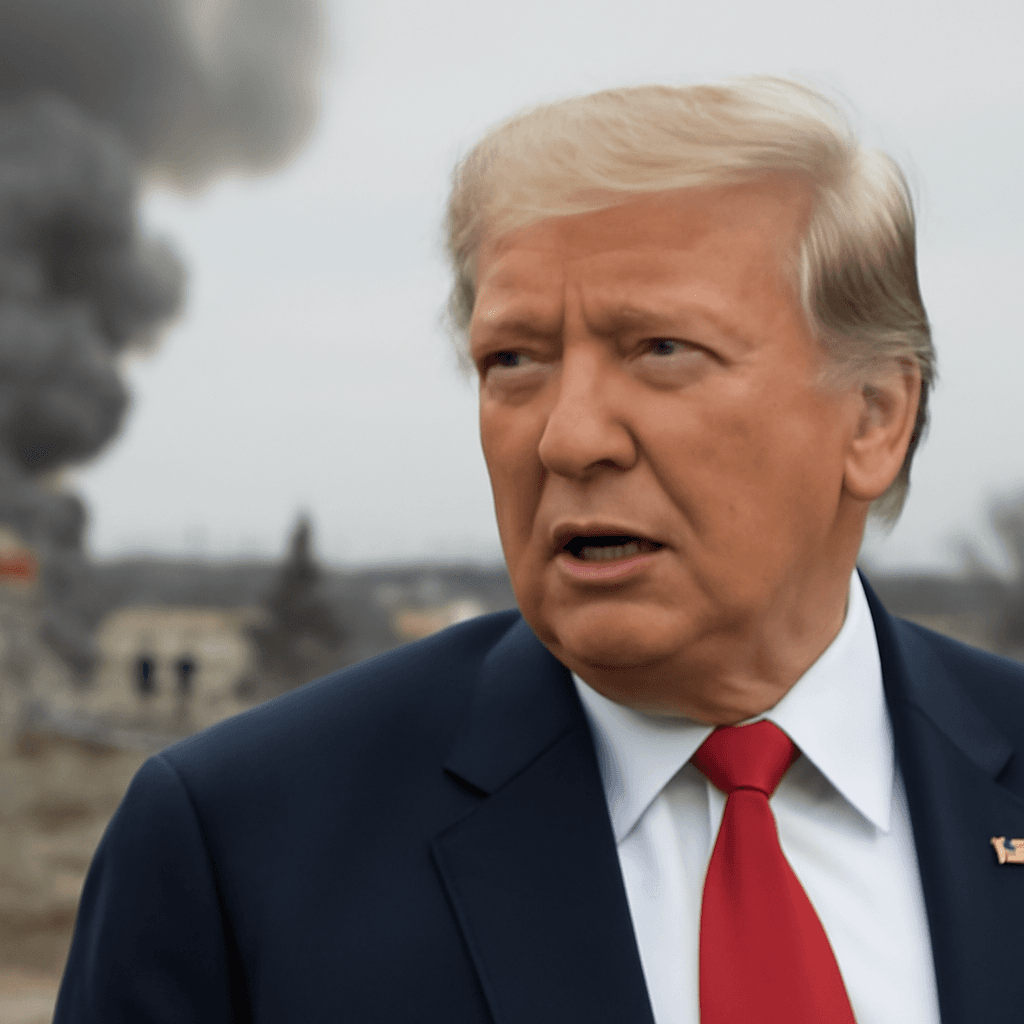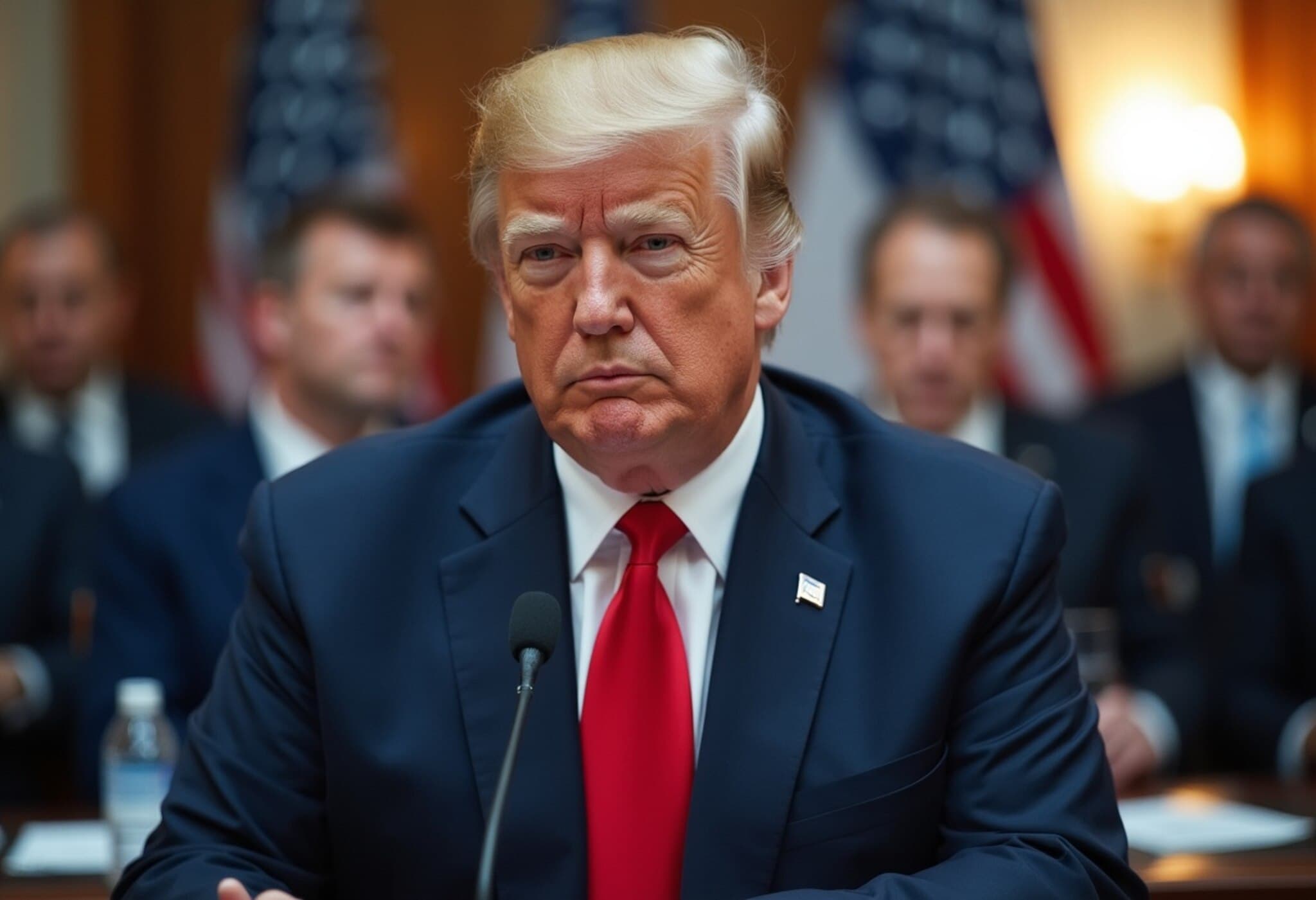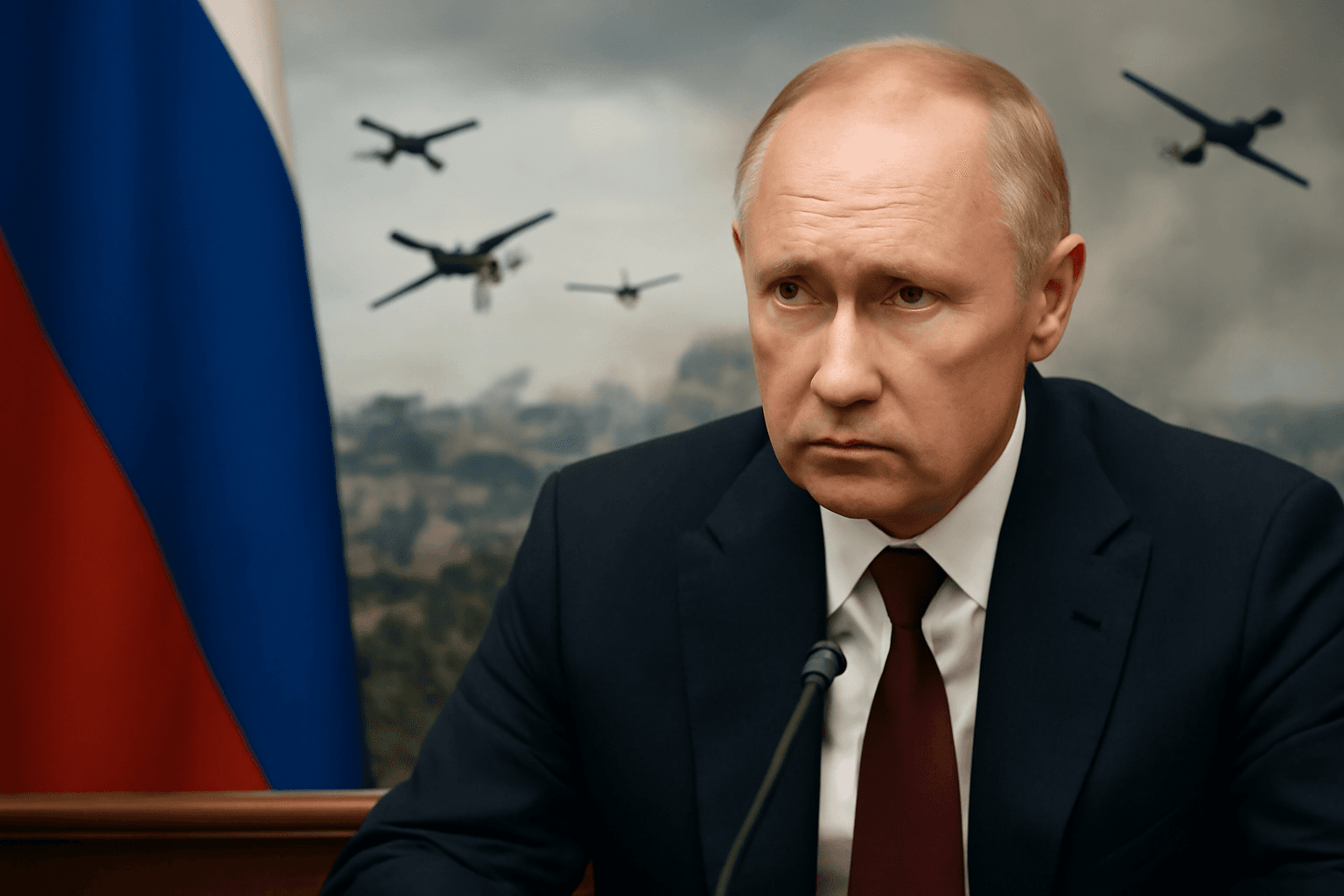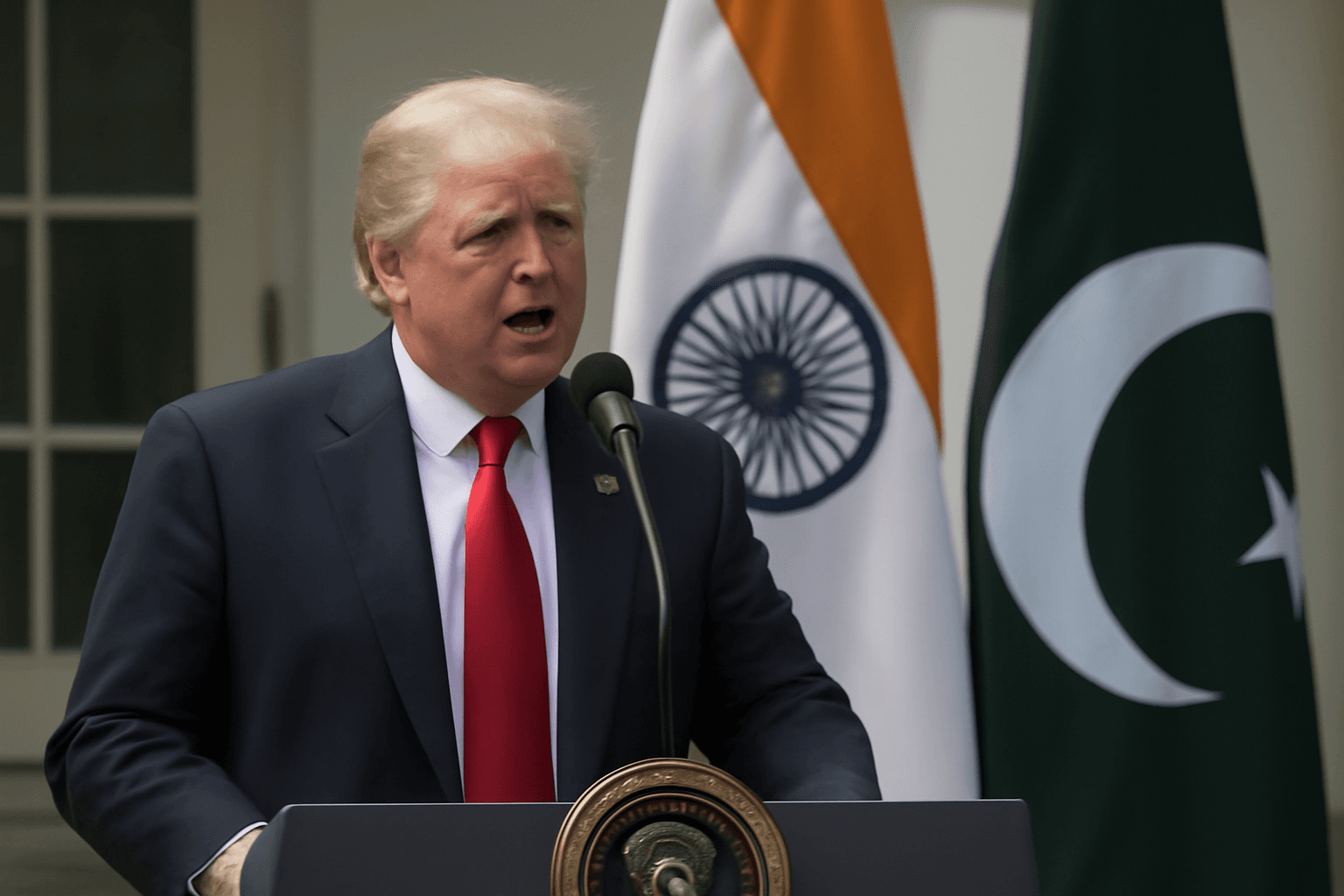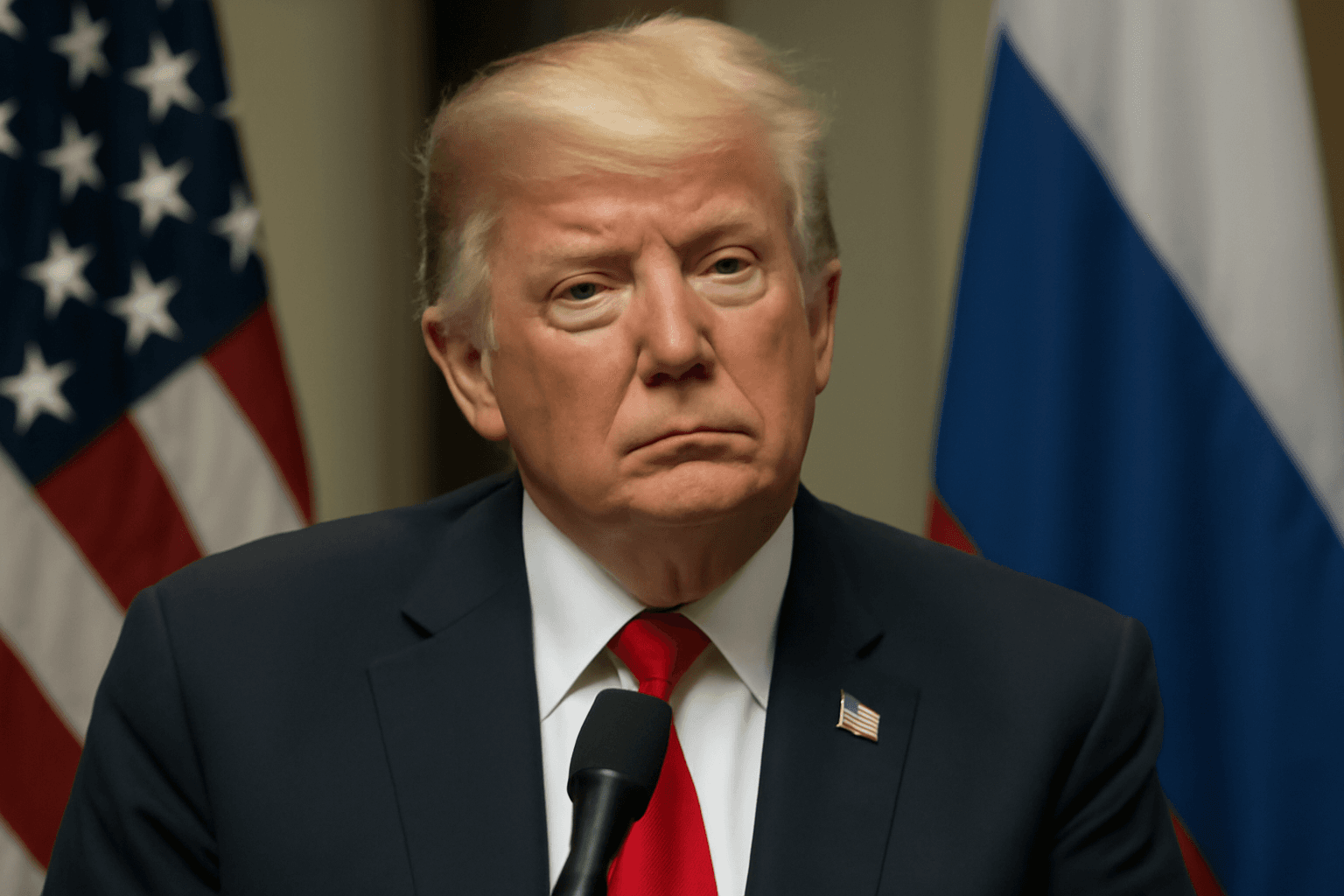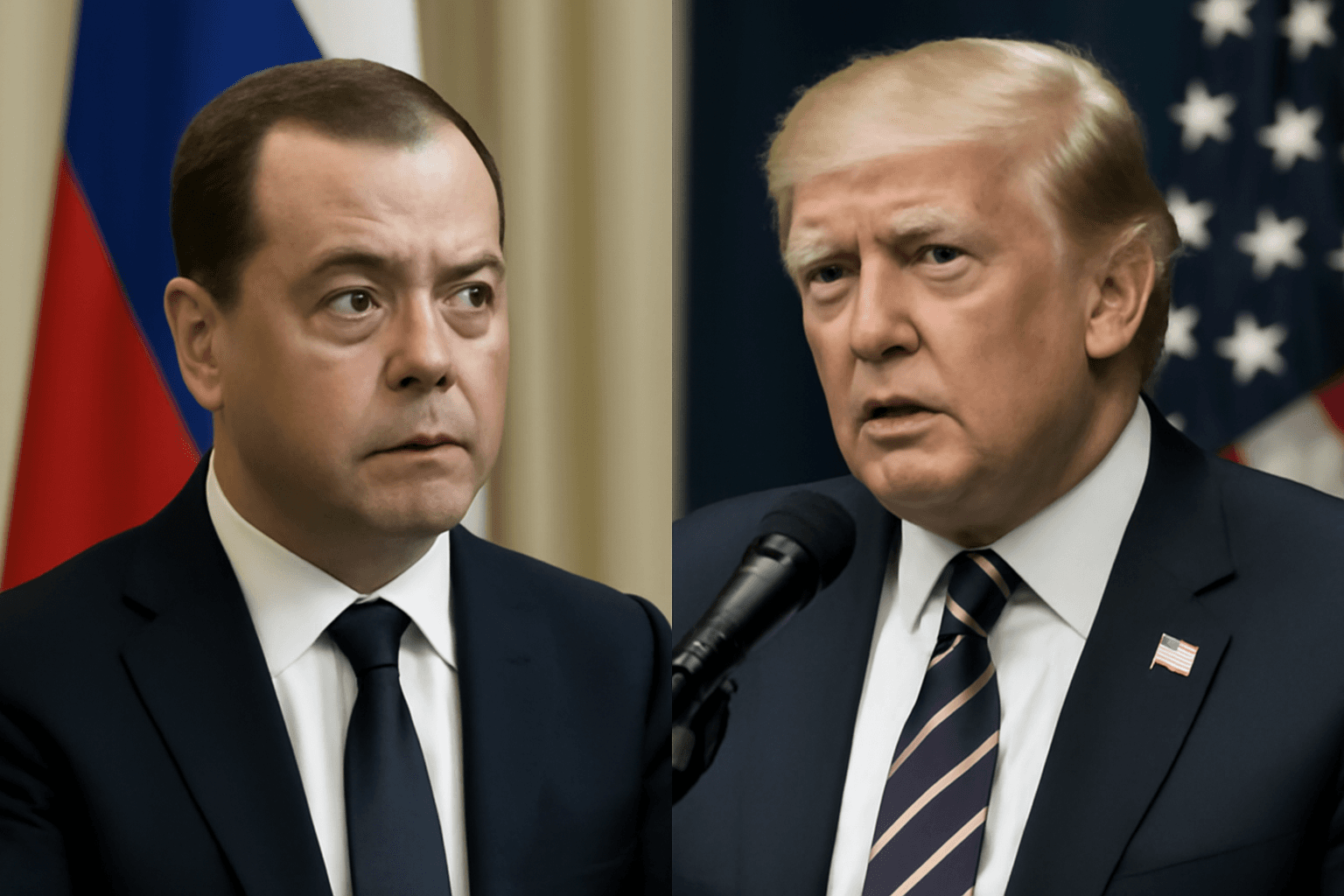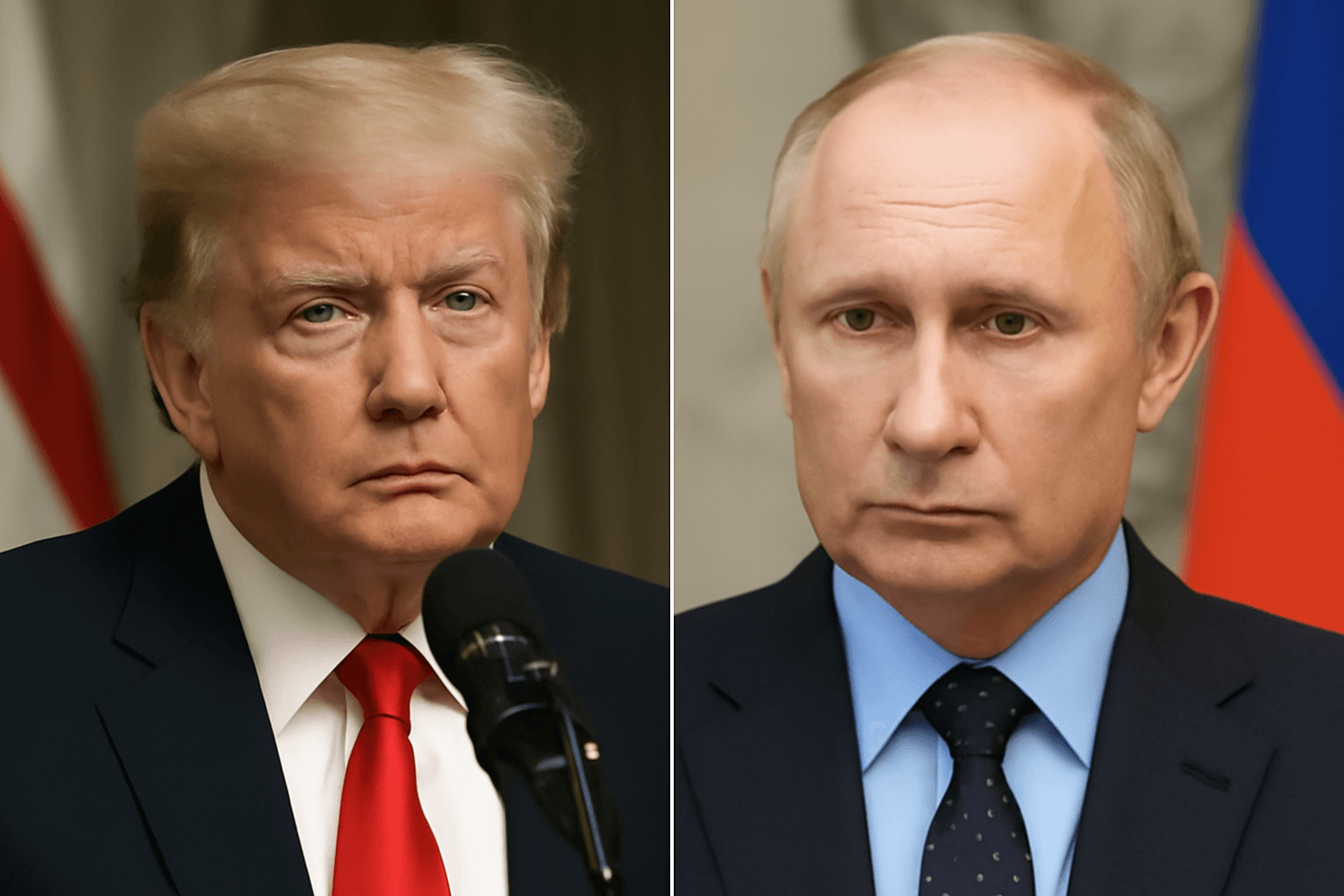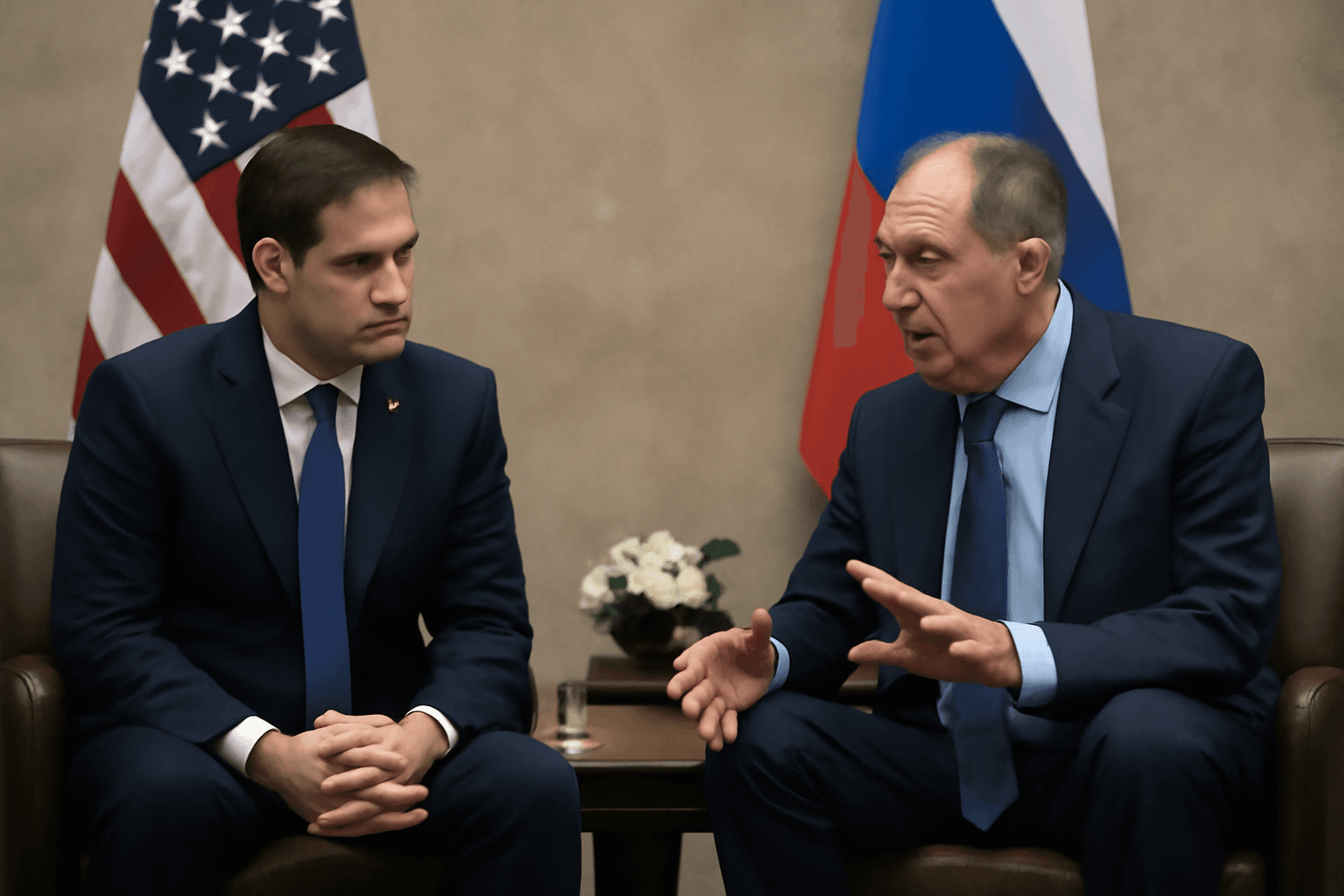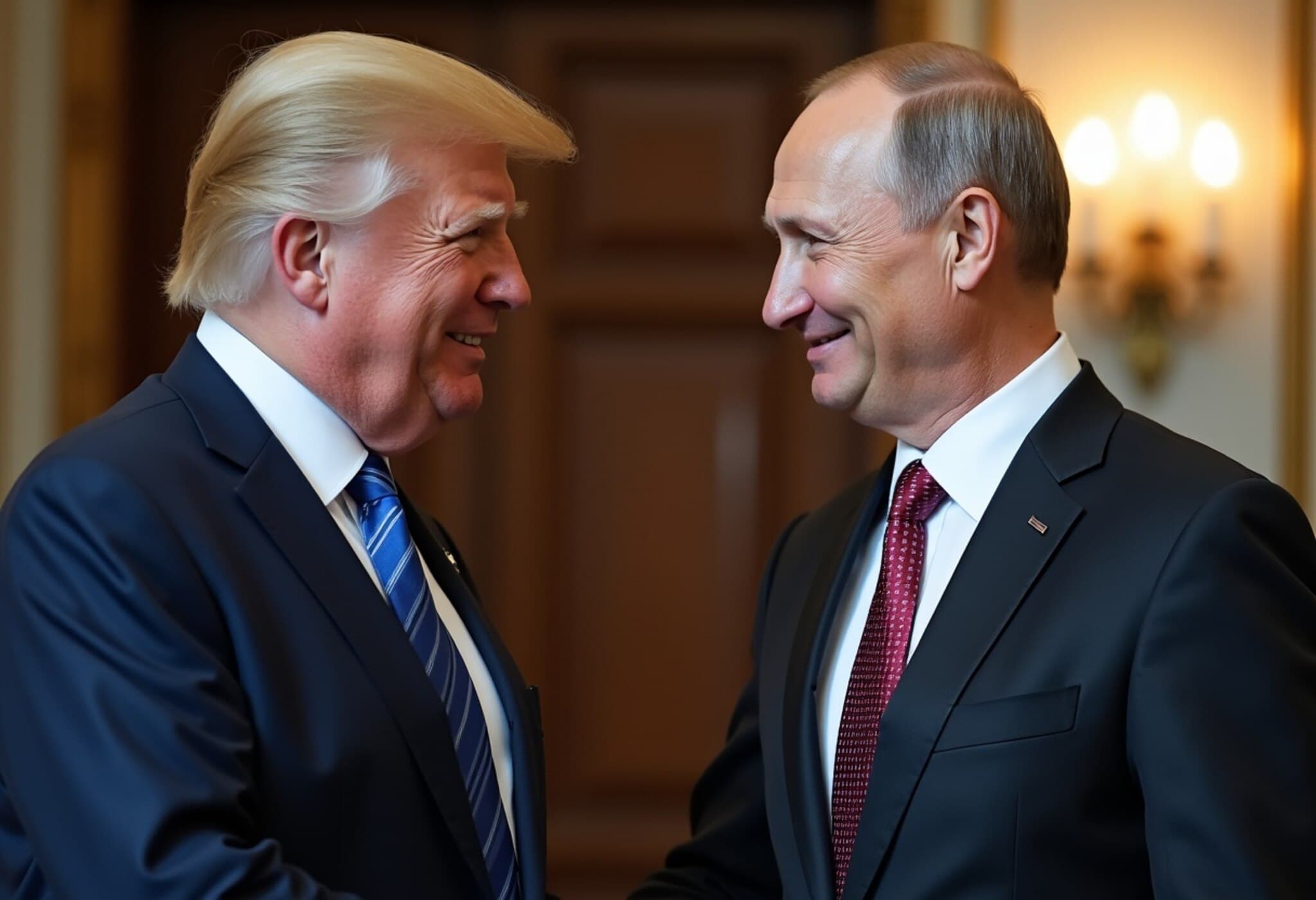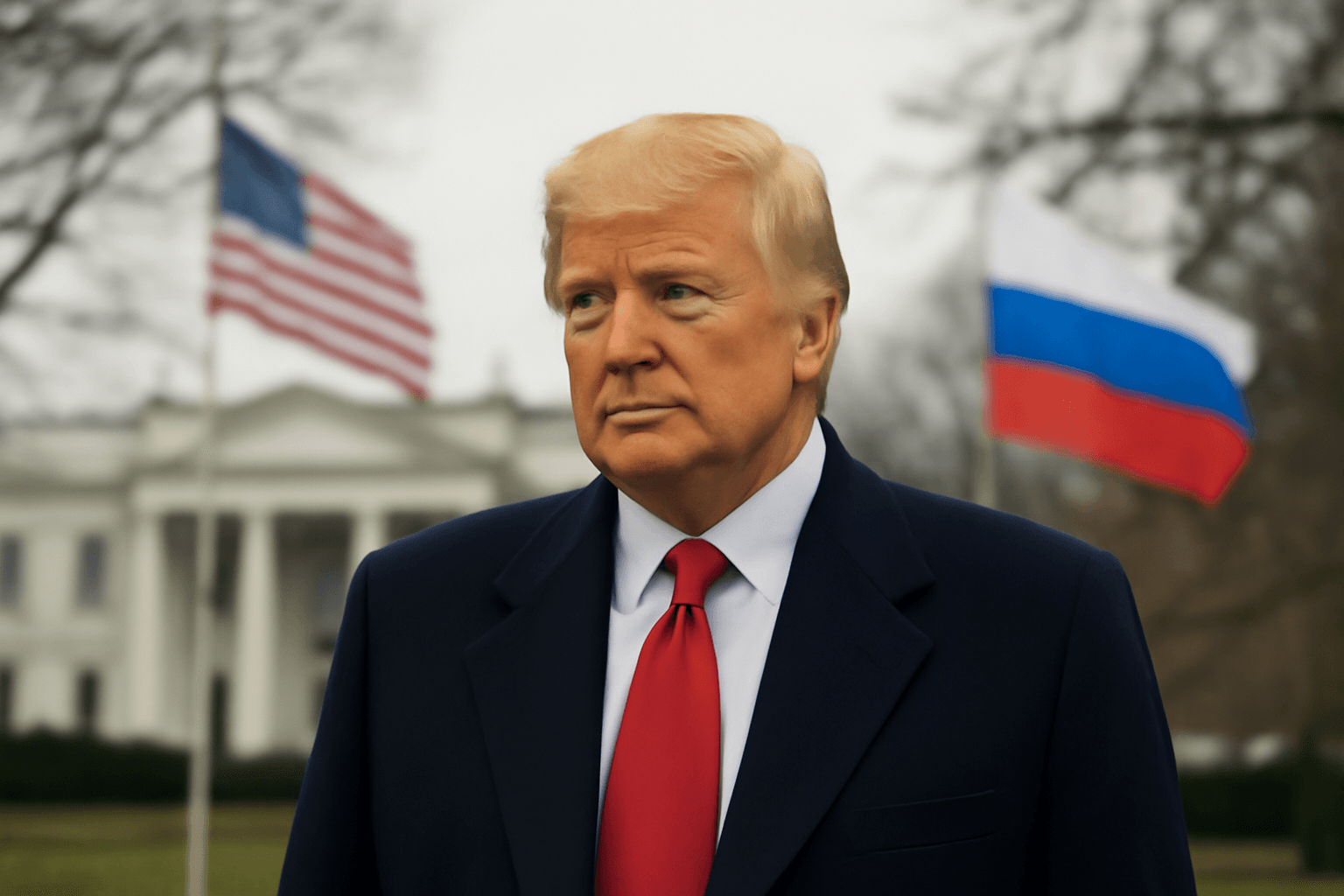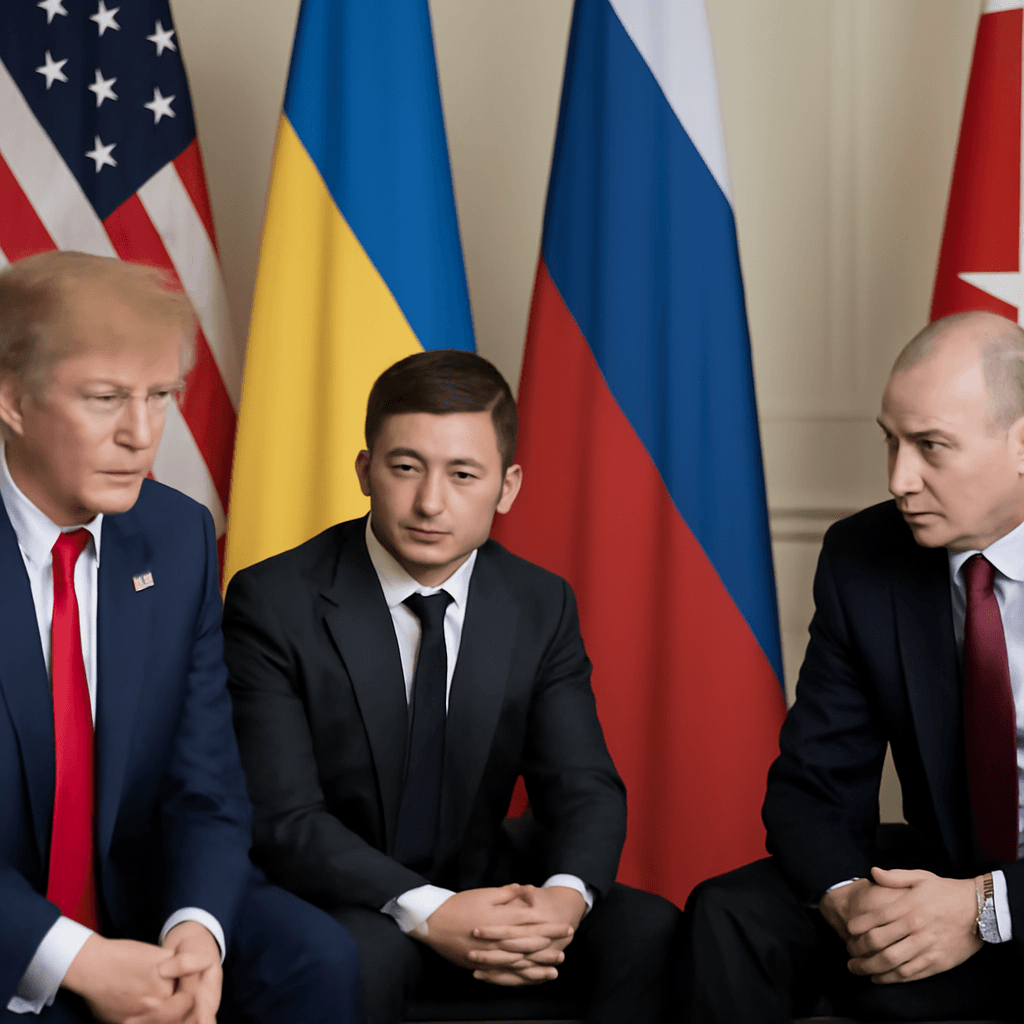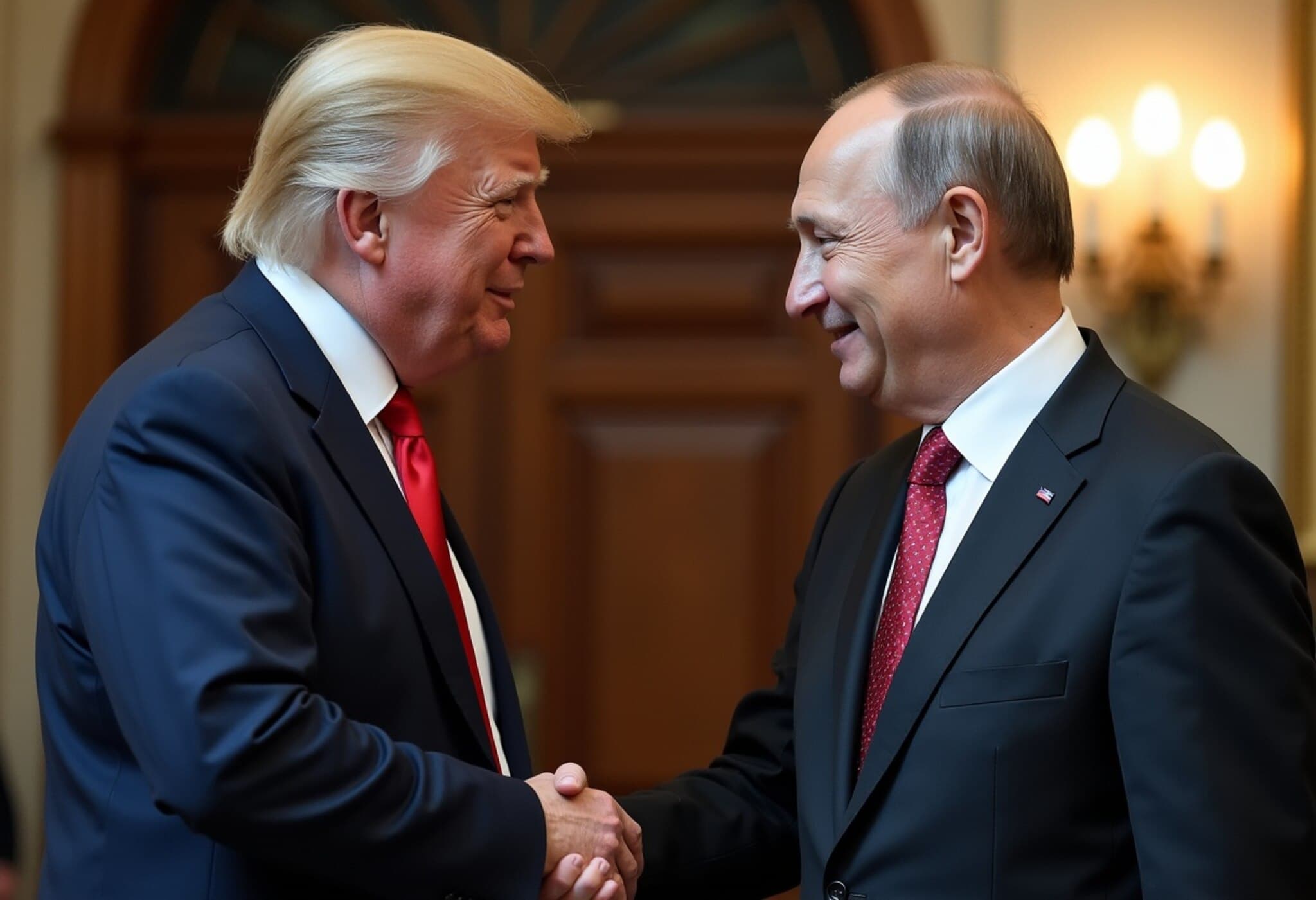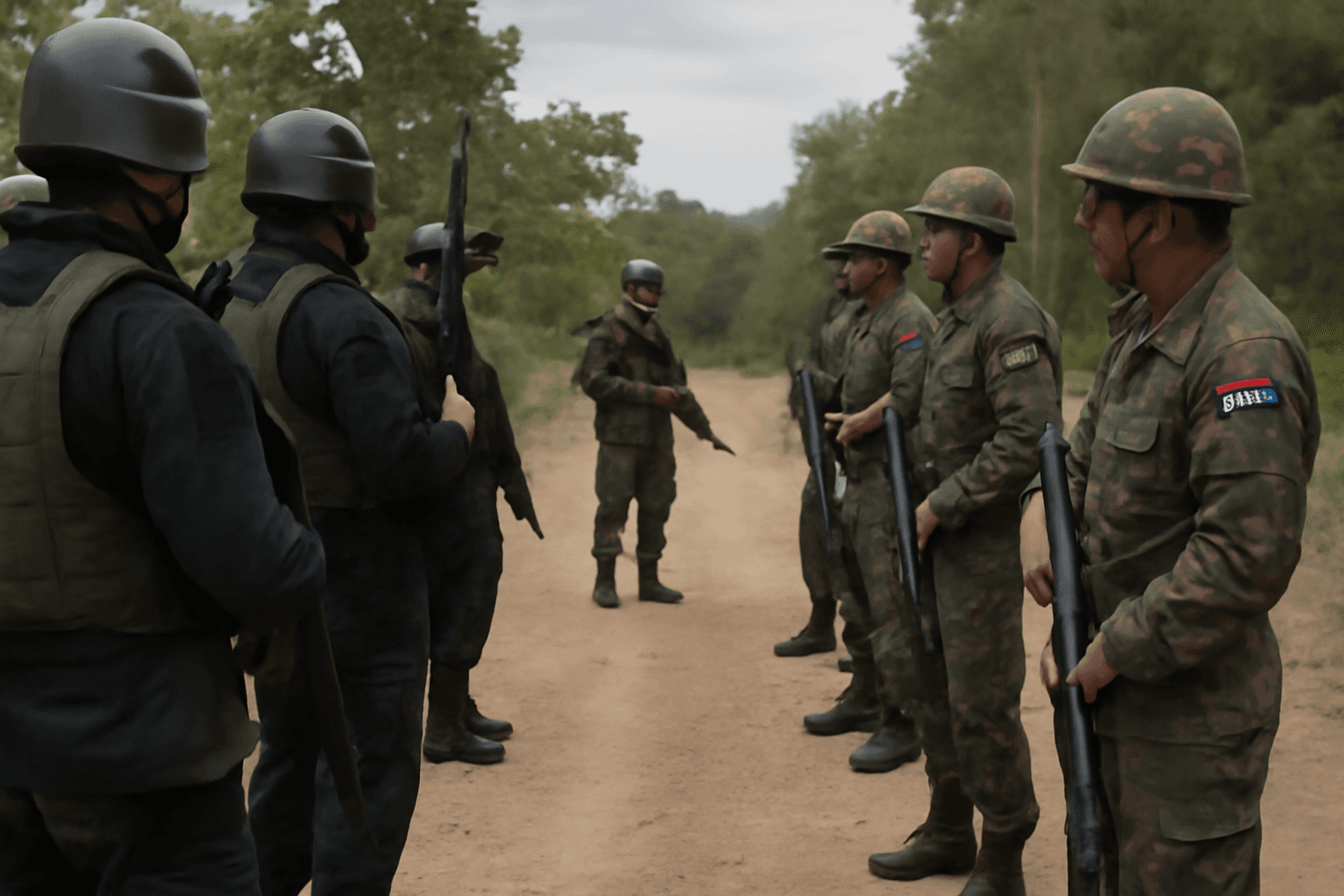Despite reports that US President Donald Trump is considering new sanctions against Russia, no formal measures have been announced. Several factors contribute to this delay, even as the conflict in Ukraine continues unabated.
Trump, who initially pledged to end the war in Ukraine swiftly, has faced ongoing resistance from Russian President Vladimir Putin, who has repeatedly dismissed ceasefire proposals and continued military actions in Europe. Recent coverage from The Wall Street Journal outlines three primary reasons for Trump’s hesitation to impose new sanctions on Russia.
1. Personal Dislike of Ukrainian President Zelenskyy
Trump’s long-standing unfavorable view of Ukrainian President Volodymyr Zelenskyy plays a significant role. Throughout the conflict, Trump has publicly disparaged Zelenskyy, echoing Russian narratives by accusing him of provoking the war, questioning his legitimacy, and criticizing his requests for military aid. This antagonism contrasts sharply with Trump’s historically closer rapport with Putin, despite the Russian leader's consistent rejection of peace overtures.
2. Skepticism Over Effectiveness of Sanctions
Trump reportedly believes that additional sanctions would not effectively hinder Russia’s military capabilities. Instead, he fears that such punitive measures could damage efforts to restore economic ties between the US and Russia, which he views as beneficial for broader geopolitical and trade interests.
3. Reliance on Personal Diplomacy with Putin
Trump has expressed confidence that his direct relationship with Putin could facilitate a resolution to the conflict. However, recent communications indicate that Putin remains committed to continuing the war, perceiving himself as gaining advantage. Trump acknowledged this reality following a recent call with European leaders.
As the situation evolves, these factors continue to influence the US administration's approach to Russia, delaying the enactment of new sanctions despite ongoing international pressures.

